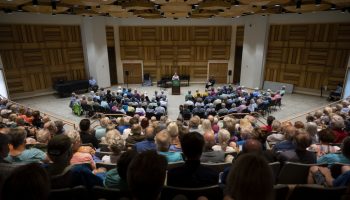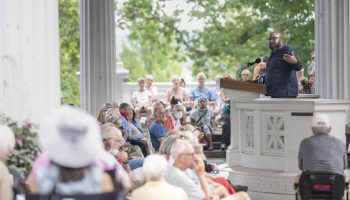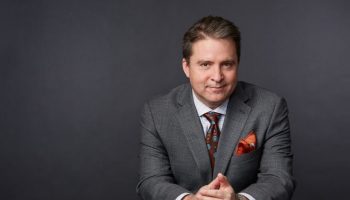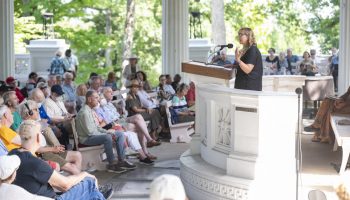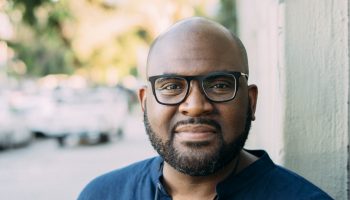As senior vice president for prophetic and creative leadership at Auburn Seminary, and as an award-winning filmmaker, Macky Alston believes faith and film have a powerful connection.
But this connection, he said, has not been utilized in 21st-century filmmaking.
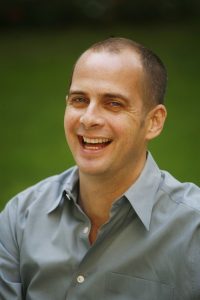
“I’m a documentary filmmaker,” he wrote in his blog. “I have seen the power of documentary film to transform lives. I am also an organizer for justice in communities of faith. I have seen the power of communities of faith to transform lives. What I yearn to see is the full power of documentary films in communities of faith to transform lives.”
At 2 p.m. Wed., Aug. 22, in the Hall of Philosophy, Alston will discuss faith and film in his lecture, “Playing (with) God: Revelations from the Filmmaking Front about God, Good Storytelling and How to Do Right by Each Other as We Make Sense of Life.” Alston’s lecture is part of the Week Nine interfaith theme, “The Intersection of Cinema and Religious Values.”
Alston premiered his first film, “Family Name,” in 1997 at the Sundance Film Festival. The film followed Alston’s journey to uncover the history of his last name, a pursuit that led him from New York to Alabama. Along the way, Alston meets several African-American families with the same last name, all of which have a different story to tell. The film received Sundance’s Freedom of Expression Award.
Since “Family Name,” Alston has directed four more films, which have explored topics like economic inequality and LGBTQ+ issues like same-sex marriage.
“I have learned some lessons in my own work at the intersection of faith-rooted justice work and documentary filmmaking,” he wrote on his website.
Alston’s most recent film, “Love Free or Die,” tells the story of the Rt. Rev. V. Gene Robinson, Chautauqua’s vice president of religion and the first openly gay bishop in the Episcopal Church.
“The last film I directed, ‘Love Free or Die,’ told the story of the church putting its life on the line for LGBTQ justice, following Gene Robinson, the first openly gay person to be elected bishop in the high church traditions of Christendom, and the movement he was a part of that changed policy and culture in church and state in the U.S. and abroad,” Alston’s website reads.
The film was released in 2012, before the U.S. Supreme Court ruled on marriage equality. Alston wrote in a blog post that before film production, he had worked on research at Auburn Seminary on how to shift the mindset Christian voters who were conflicted on the issue of same-sex marriage. He said the research focused on teaching people to support LGBTQ+ rights because they were Christian, and not in spite of it.
“During the year of our screenings, we used that research to equip those who attended the 400 screenings to engage their conflicted Christian friends and family in conversation to help them vote on the right side of history,” he wrote on his website. “We also worked with the state campaigns, in partnership with national LGBTQ justice organizations, to train leaders of faith to make the moral case for equality in public and in the press.”
Alston described this experience as enlightening and wrote that it showed him the influence — and responsibility — he has as a filmmaker to engage the public in pressing social, political and economic conflicts.
“Key to movement work, to faith traditions and to documentary film is (the) right relationship,” he wrote. “Creating a practice and a world in which the full humanity of all is honored and the conditions needed for all to flourish exist.”

